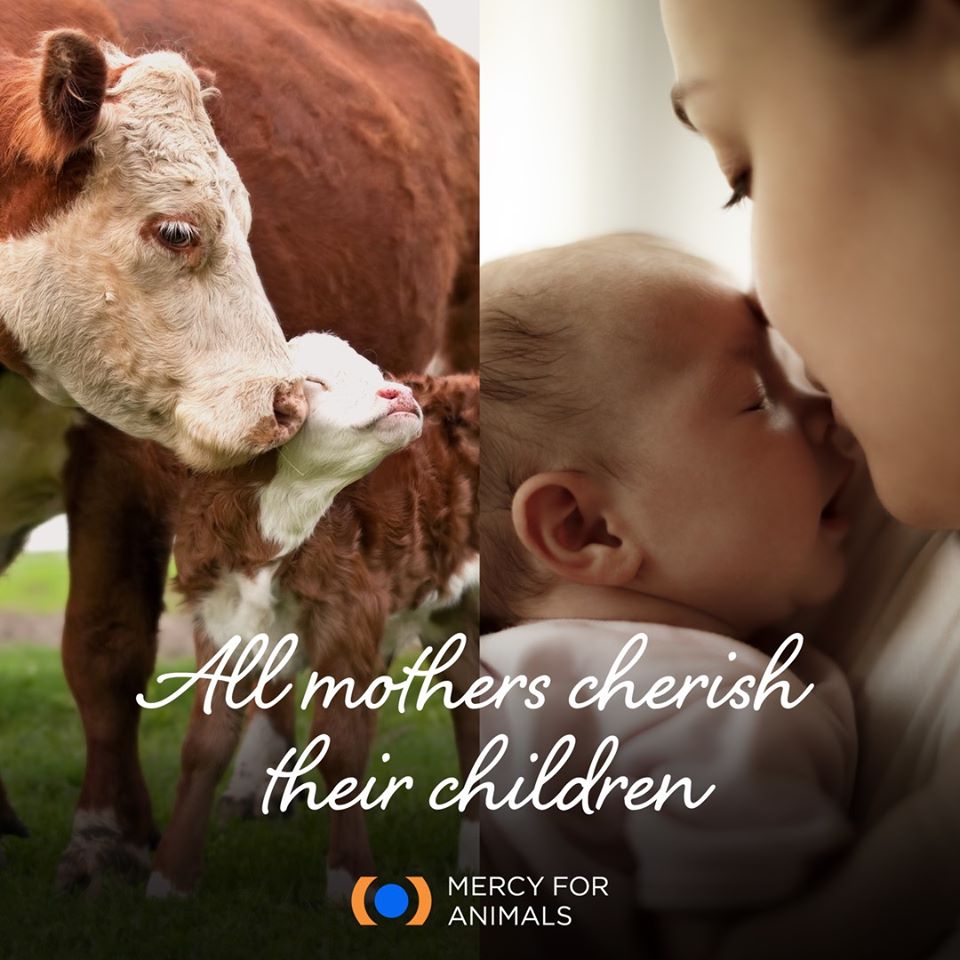
In the industrialized world, manufacturer farming has become the prominent method of animal production, supplying the vast majority of meat, milk, and offspring consumed globally. However, hidden behind the shelves of supermarkets and fast-food chains lies a dark reality of immense suffering and cruelty ınduced upon billions of animals each year. Manufacturer farm animal cruelty is a pressing issue that not only raises moral concerns but also Sustainability and veganism significant environmental and public health risks. Manufacturer farming, also known as industrial agriculture or concentrated animal feeding operations (CAFOs), prioritizes efficiency and profit margins over the welfare of animals. Animals are often minimal in overloaded and unsanitary conditions, lacking of natural behaviors, subjected to painful procedures without anesthesia, and genetically manipulated to maximize production. These practices not only cause immense suffering but also contribute to environmental degradation, antibiotic resistance, and the spread of zoonotic diseases. One of the most egregious forms of cruelty in manufacturer farming is the extreme confinement of animals in cramped cages or pencils. Pigs, chickens, and cows are often minimal in spaces so small that they are unable to finish, stretch their limbs, or engage in natural behaviors. This confinement leads to physical and psychological distress, resulting in behaviors such as self-mutilation, aggression, and repetitive movements. Animals raised in such conditions endure a lifetime of suffering, without requiring any semblance of a natural life.
Moreover, manufacturer farms routinely subject animals to painful procedures such as debeaking, tail docking, and castration without adequate treatment. These procedures are performed to minimize injuries and aggression among overloaded animals, but they inflict unnecessary pain and distress. Debeaking, for example, involves cutting off part of a chicken’s beak, which contains sensitive lack of feeling endings, causing chronic pain and difficulty in eating and drinking. Genetic manipulation is another aspect of manufacturer farming that exacerbates animal suffering. Animals are selectively bred to grow unnaturally fast or produce more milk or offspring than their bodies can sustain. These genetic alterations often lead to severe health problems such as lameness, breathing issues, and the reproductive system disorders. Milk cows, for instance, are bred to produce unnaturally high quantities of milk, leading to frequent cases of mastitis, a painful udder infection. The rampant use of antibiotics in manufacturer farming further compounds the issue of animal cruelty and moves significant risks to public health. Antibiotics are routinely administered to farm animals to promote growth and prevent disease episodes in overloaded and unsanitary conditions. However, this practice contributes to the emergence of antibiotic-resistant bacteria, jeopardizing the effectiveness of antibiotics in treating human infections. Moreover, antibiotic residues can continue to persist in meat, milk, and offspring, potentially revealing consumers to harmful pathogens.
In addition to moral and public health concerns, manufacturer farming has a detrimental relation to mid-air. The concentrated production of livestock generates massive amounts of waste, which regularly pollutes air, water, and soil in surrounding communities. Manure lagoons, a common feature of manufacturer farms, make noxious gases such as ammonia and methane, leading to smog and climate change. Runoff from these facilities contaminates waterways with excess nutrients, leading to algal plants and aquatic dead specific zones. The environmental degradation caused by manufacturer farming lengthens beyond local ecosystems to global climate change. Livestock production is a major contributor to greenhouse gas emissions, primarily methane and nitrous oxide, which have a significantly higher warming potential than carbon dioxide. The intensive use of resources such as water, land, and feed further exacerbates the environmental footprint of manufacturer farming, exacerbating issues of deforestation, home loss, and biodiversity decline. Addressing the issue of manufacturer farm animal cruelty requires a boring approach that takes into account what is reforms, consumer awareness, and the promotion of sustainable agriculture practices. Governments must enact and take stricter regulations to improve animal welfare standards and mitigate the environmental impact of manufacturer farming. Measures such as banning extreme confinement systems, phasing out routine antibiotic use, and mandating humane slaughter practices are necessary steps towards a more moral and sustainable food system.
Consumers also play a critical role in driving change by making informed choices and supporting moral food producers. By opting for products from pasture-raised, organic, and humane-certified farms, consumers can incentivize responsible farming practices and signal demand for higher welfare standards. Moreover, reducing meat consumption and following a plant-based diet can alleviate the demand for factory-farmed animal products, thereby reducing the prevalence of animal cruelty in the food industry. In conclusion, manufacturer farm animal cruelty is a systemic issue that demands urgent attention and action from all stakeholders. The inherent cruelty of industrial agriculture not only inflicts immense suffering on billions of animals but also moves significant risks to public health and mid-air. By advocating for moral farming practices, supporting sustainable food systems, and encouraging consumer awareness, we can work towards another where animals are treated with concern and respect, and our food system is in harmony with the planet.